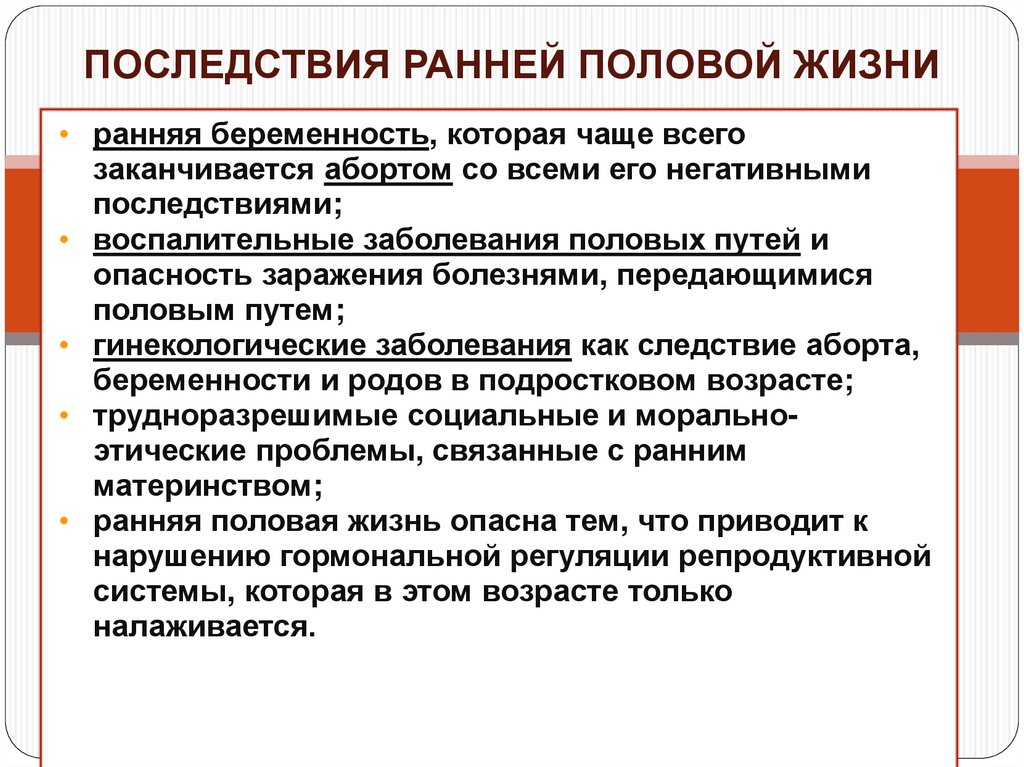Is That Watch Worth The Price? A Buyer's Guide To Watch Value

Table of Contents
- Understanding the Factors Influencing Watch Value
- Brand Reputation and History
- Movement and Complications
- Materials and Construction
- Assessing the Price of a Watch: Where to Find Information
- Researching Market Prices
- Considering the Condition of the Watch
- Professional Watch Appraisal
- Beyond Monetary Value: The Emotional and Personal Aspect
- Conclusion: Making Informed Decisions about Watch Value
Understanding the Factors Influencing Watch Value
Several key factors contribute to a watch's overall value. These factors interplay to determine whether a timepiece is a worthwhile investment or simply an expensive accessory.
Brand Reputation and History
The prestige of the brand is paramount. Luxury watch brands like Rolex, Omega, Patek Philippe, and Audemars Piguet command high prices due to their established reputations for quality, craftsmanship, and innovation. Their legacy and brand history significantly impact resale value.
- Highly Valued Brands: Rolex Submariner, Omega Speedmaster, Patek Philippe Nautilus, Audemars Piguet Royal Oak are consistently high in demand and retain their value well.
- Limited Editions: Rare and limited-edition releases from prestigious brands often fetch significantly higher prices due to their exclusivity.
- Brand History: A rich history of innovation, meticulous craftsmanship, and association with iconic moments contributes significantly to a brand's value and the value of its watches. A watch's place in horological history can dramatically boost its price.
Movement and Complications
The heart of any watch is its movement – the intricate mechanism that keeps time. The type of movement (automatic, quartz, or manual-wind) and the presence of complications significantly affect the price.
- Movement Types: Automatic movements, with their self-winding capabilities, are generally more expensive than quartz movements, which are battery-powered. Manual-wind movements, requiring daily winding, appeal to watch enthusiasts who appreciate the mechanical aspect.
- Complication Value: Complications like chronographs (stopwatch function), moon phase displays, and tourbillons (complex mechanisms to enhance accuracy) add considerable value, reflecting the increased complexity and craftsmanship involved. The quality of movement finishing (Côtes de Genève, perlage, etc.) also impacts the value.
- Watch Mechanism: Understanding the intricacies of a watch's mechanism is key to appreciating its value. The more complex and precisely finished the movement, the higher the value.
Materials and Construction
The materials used in a watch's construction, from the case to the bracelet, significantly influence its value and durability.
- Precious Metals: Watches crafted from precious metals like gold, platinum, or even rose gold command premium prices. The karat of gold also affects the price.
- Sapphire Crystal vs. Mineral Glass: Sapphire crystal is highly scratch-resistant, adding to a watch's longevity and value. Mineral glass is more susceptible to scratches.
- Water Resistance and Case Construction: Water resistance and the overall robustness of the case construction are essential factors influencing a watch's durability and hence, its value. A robust stainless steel watch, for example, will retain its value better than a watch with a fragile case.
Assessing the Price of a Watch: Where to Find Information
Determining a fair price requires thorough research and a keen eye for detail.
Researching Market Prices
Several resources can help you research watch prices:
- Online Marketplaces: Sites like eBay and Chrono24 provide a wealth of listings, allowing you to compare prices for similar watches.
- Auction Sites: Auction sites offer insights into the market value of rare and collectible watches.
- Reputable Dealers: Consult reputable watch dealers for price guidance. They possess expertise in watch valuation and can offer insights into market trends.
- Watch Price Comparison: Comparing prices across multiple platforms is crucial to get a sense of the prevailing market price.
Considering the Condition of the Watch
The condition of a pre-owned watch directly impacts its value.
- Watch Inspection: Carefully inspect the watch for scratches, dents, and any signs of wear and tear.
- Watch Condition Impact: Scratches, dents, and malfunctions significantly reduce a watch's value.
- Watch Servicing: Knowing the watch's service history is important; a recently serviced watch is worth more.
Professional Watch Appraisal
For high-value watches, a professional watch appraisal is highly recommended.
- Watch Appraisal Benefits: A professional appraisal provides an objective assessment of a watch's value.
- Finding a Reputable Appraiser: Seek out a certified and reputable watch appraiser with expertise in the specific brand and model.
- Understanding Appraisal Reports: Carefully review the appraisal report, which should detail the watch's condition, authenticity, and estimated value.
Beyond Monetary Value: The Emotional and Personal Aspect
While objective factors contribute significantly to watch value, the emotional and personal aspects are equally important.
- Personal Style: A watch's aesthetic appeal and its ability to express personal style influence its perceived value.
- Sentimental Value: Watches passed down through generations hold immense sentimental value, far exceeding their monetary worth. An heirloom watch, for example, possesses immeasurable value to its owner.
- Watch Collecting: For collectors, certain watches have intrinsic value beyond their market price due to rarity, historical significance, or personal connection.
Conclusion: Making Informed Decisions about Watch Value
Determining a watch's true worth requires considering a multitude of factors, including brand reputation, movement complexity, materials used, condition, and current market prices. Thorough research, careful inspection, and, for valuable pieces, a professional watch appraisal are essential steps in making informed decisions. Remember to balance objective watch value with personal preferences and sentimental value. Before you buy your next timepiece, use this buyer's guide to determine if that watch is truly worth the price. Armed with this knowledge, you can confidently navigate the world of watch buying and make a purchase that aligns perfectly with your needs and budget.

 Almanacco Del 23 Marzo Compleanni Santo Del Giorno E Proverbio
Almanacco Del 23 Marzo Compleanni Santo Del Giorno E Proverbio
 Nora Fatehi And Jason Derulos Snake Conquers Uk British Asian Music Charts
Nora Fatehi And Jason Derulos Snake Conquers Uk British Asian Music Charts
 Sahara Occidental Decision Majeure De La Caf Expliquee
Sahara Occidental Decision Majeure De La Caf Expliquee
 B C Indigenous Youths Death In Care Family Alleges Freezing
B C Indigenous Youths Death In Care Family Alleges Freezing
 Zelenskiy Tramp Putin Skrytye Napryazheniya I Ikh Posledstviya
Zelenskiy Tramp Putin Skrytye Napryazheniya I Ikh Posledstviya
